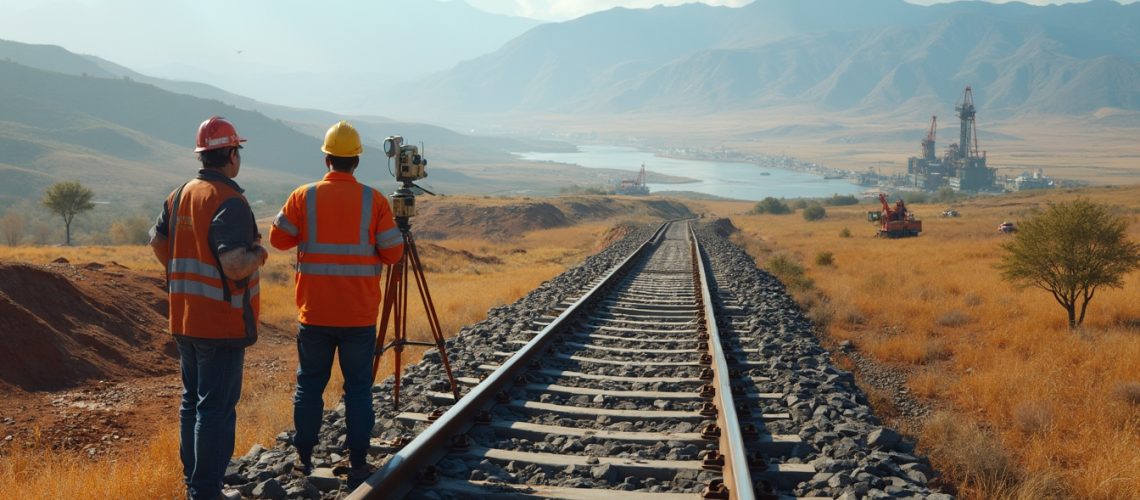The East African region is witnessing a transformative shift with the launch of the Tanzania-Burundi railway project. This ambitious initiative, valued at $2.15 billion, aims to construct a 282-kilometre standard gauge railway line that will seamlessly connect Tanzania's bustling Dar es Salaam port to Burundi's rich nickel mining regions. By establishing this crucial transportation corridor, the project promises to enhance regional trade, boost mineral exports, and stimulate economic growth for both nations.
Why Is the Tanzania-Burundi Railway Project So Significant?
The railway project stands as a testament to the growing emphasis on infrastructural development within East Africa. It not only facilitates improved transportation but also strengthens economic ties between neighbouring countries. By providing a direct route for goods and resources, it reduces transportation costs and time, thereby increasing competitiveness in global markets.
China's Role and Strategic Interests
This monumental project is a clear reflection of China's expansive infrastructure investment strategy in Africa. Aligned with the Belt and Road Initiative's broader geopolitical goals, the involvement of Chinese firms underscores their commitment to fostering economic development on the continent. Notably, the China Railway Engineering Group and China Railway Engineering Design and Consulting Group Co have been entrusted with constructing this transformative infrastructure.
China's infrastructure investments







